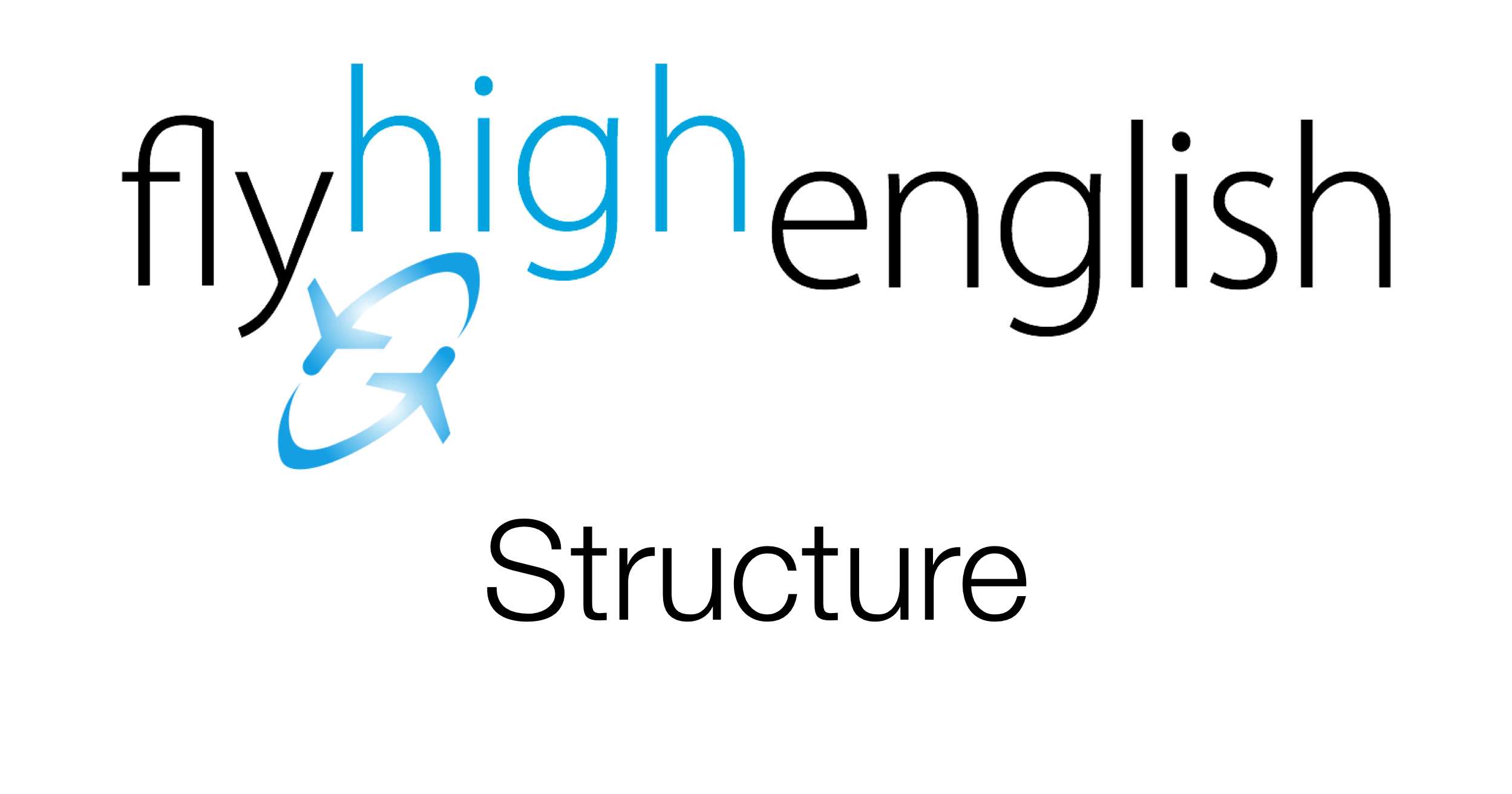This time in our structure help we talk about using ‘must have’ and ‘can’t have’. When we think about these two modals we think about them in relation to obligations for must, and ability for can. However, as with all modal verbs, there is more than one meaning. In addition to the above uses, we can use these modals in relation to probability / certainty. Both of these expressions relate to the past. ‘Must have’ expresses a high level of certainly that something was true or that it happened. Look at the following examples.
He is more than an hour late, he must have forgotten the takeoff time.
They arrived at the hotel after 2am, they must have been exhausted.
In both of these examples the speaker expresses a high level of certainty about what is said by choosing to use ‘must have’ (+ past participle). If the speaker isn’t so such, there are other expressions the can be used, however, the choice of expression here indicates a high level of certainty to the listener(s).
‘Can’t have’ (+ past participle) expresses a high level of certainty that something wasn’t true or didn’t happen. In this sense our two expressions represent opposites to each other. Look at the following examples.
His result in the test was bad, he can’t have studied for it.
They almost hit the animal while landing, they can’t have seen it until the last second.
Similarly in this case, the expression chosen indicates a high level of certainty that something wasn’t true or didn’t happen, other expressions exist to indicate different levels of certainty.
Now try to write some of your own examples using these two expressions.
Follow us on twitter here, Facebook here or Google+ here for more great content!
Have a great day!









